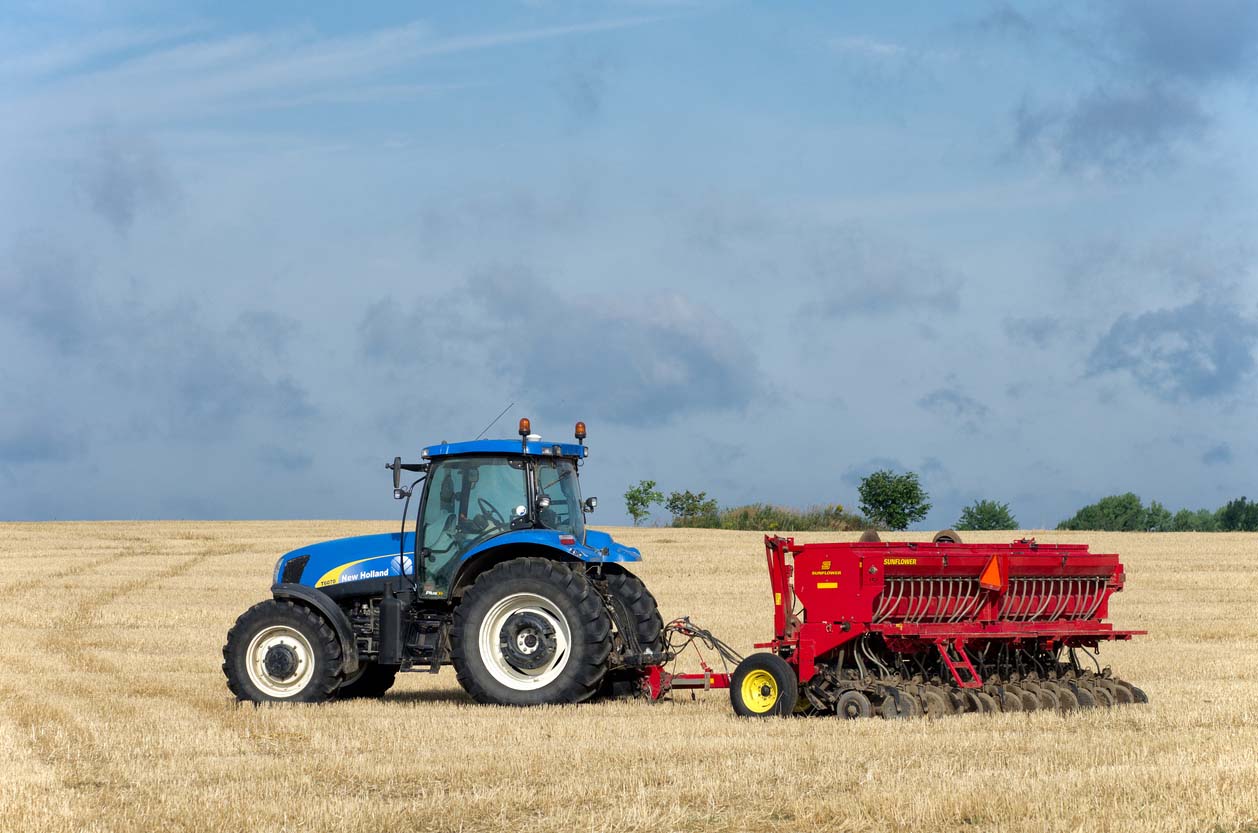Crimping Cover Crops

Crop roller “crimping” has become a common way to mechanically terminate cover crops. Crimpers are used to kill grass cover crops (cereal rye, barley, wheat, sorghum, Sudan, pearl millet), vetches (hairy and common), annual clovers (crimson and balansa), buckwheat, and multi-species cover crops. Crimpers do not work well with perennial cover crops like red clover, alfalfa, or annual ryegrass as a cover crop. The best results occur on annual cover crops when the heads or flowers are in the “boot” or head stage, near the end of the plant growth cycle. Crimpers are 16-inch rolling steel drums with blunt steel blades either tractor pulled or front mounted. As the crimper rolls through a cover crop, the blunt blade “crimps” or injures plant stems every 7 inches. The blades are usually curved or positioned in a “chevron” pattern at a 7- 100 angle to reduce bouncing, soil movement, and to increase maximum plant stem crimping pressure. If done properly, a 90-100% kill is possible without using...
